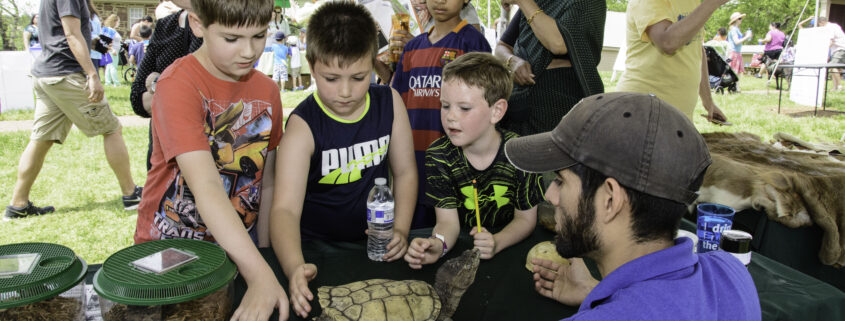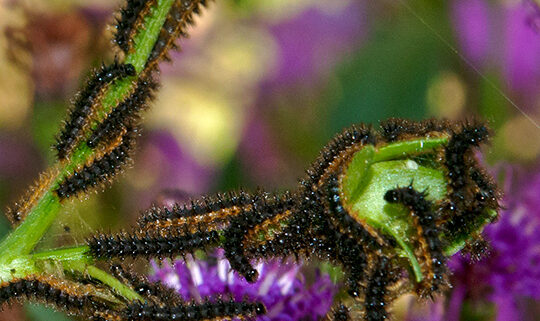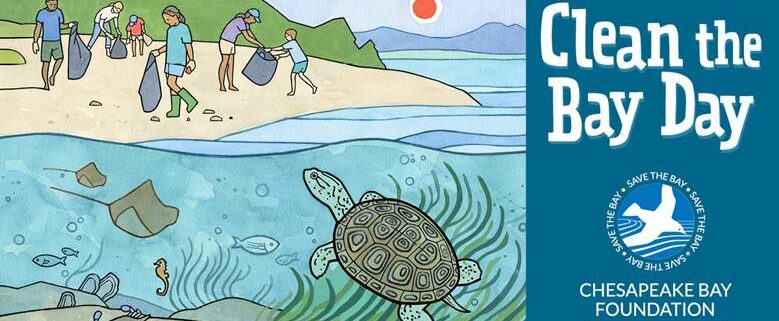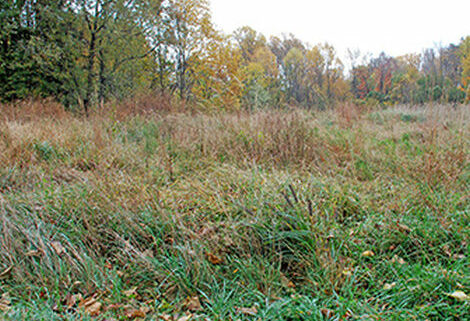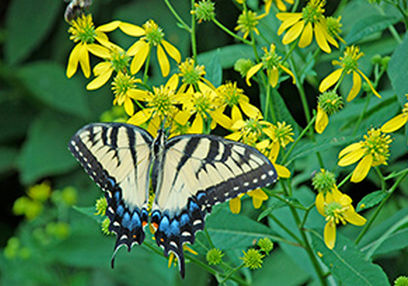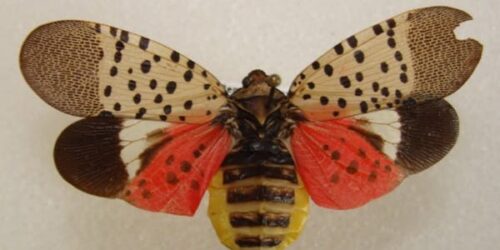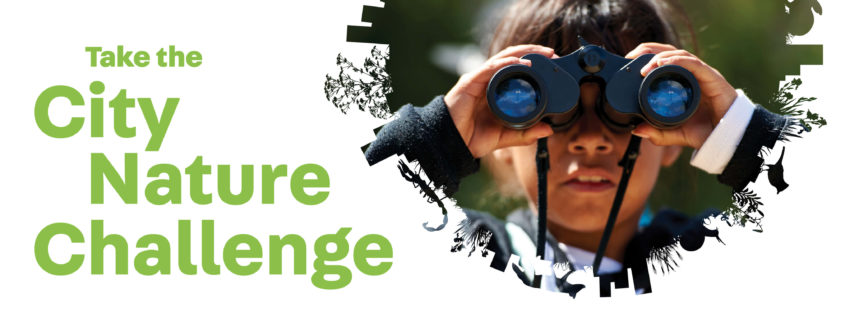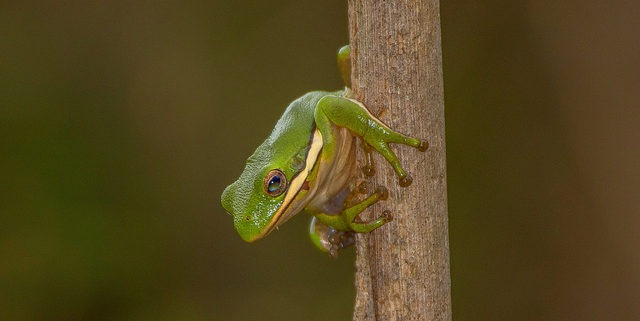Photo (c) Barbara J. Saffir
Margaret Fisher
We are surrounded by the ecosystem, even in our urban/suburban areas, but most of us never notice it. If we do see a plant, an insect or a bird, we lack the background to recognize it. Our experience of life is becoming more and more virtual as we live in a world of technology. Paradoxically, that very technology is now making it easy to find and identify the small residents of our yards. Getting to know our fellow beings makes us more likely to value and protect them.
The tool you need for this experience is a camera, even a basic cell phone camera. If you take a photo of an insect and enlarge it on your screen, you will be in for some big surprises. What you took to be a drab brown bug may turn out to be a wildly colorful and patterned creature, living its life and paying attention to your doings, even while you were unaware of it. The same discoveries are there to be made about birds, frogs, and all our other neighbors.
Better yet, if you upload photos of wild plants and animals to the free iNaturalist website or app, the artificial intelligence will suggest possible identifications, and then two actual human beings will review them to make the final determination. All this data is automatically entered into a worldwide global biodiversity database that is populated by contributions from citizen scientists such as yourself. All your observations will be saved and labelled in one place for your amusement. You can even create a project that collates all the observations from one location, such as your homeowners association, park, school, or faith community. Once you get hooked, you may find yourself trying to document all the life in your neighborhood. Here is an example from Huntley Meadows Park.
From April 26-29, iNaturalist invites everyone to join City Nature Challenge 2019, in which metropolitan areas participate in a friendly competition to see who can make the most observations. Events will be held all around the region, but you can also just take your camera outside and start documenting on your own. All observations made during that four day period will count.
What will become clear to you as you do this is that the more native plants you have, the more butterflies, bees, birds, and other wildlife you will find. You will see how preserving natural resources even in our built-up areas is critical to the survival of wildlife, and how the landscaping in your own yard can contribute to or degrade biodiversity, depending on your landscaping choices.
Watch Plant NOVA Native’s lovely one-minute video about iNaturalist and City Nature Challenge.


